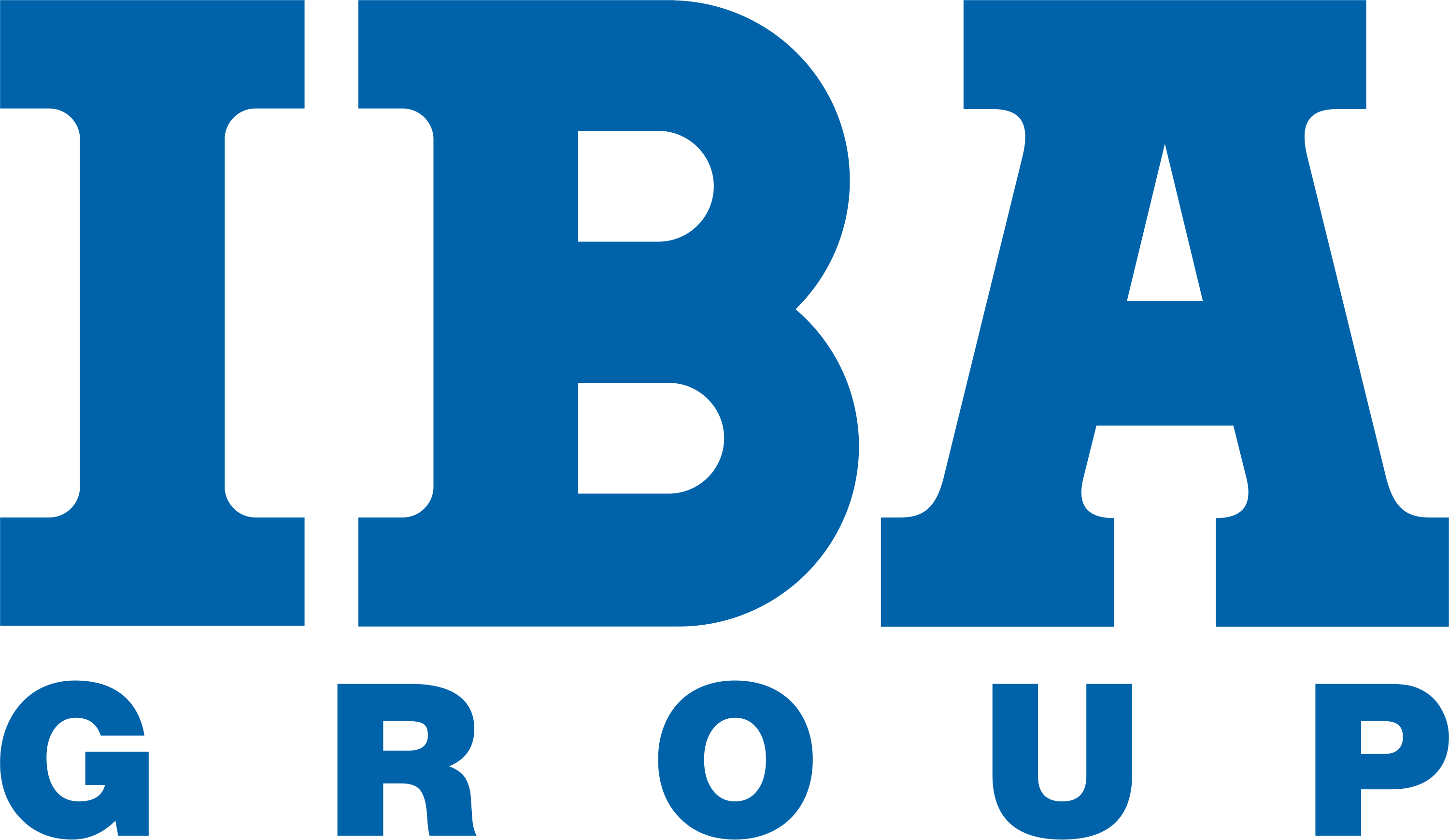In a world that is rapidly digitally transforming and technologically evolving, businesses that continue to utilise outdated applications – especially in core business areas – may face increased risk. Therefore, it becomes necessary for these enterprises to either purchase new solutions or opt for the transformation and modernisation of their existing software.
There are challenges to either approach, notably the fact that because these types of legacy systems often perform core business functions, they are always operational and thus are difficult to replace.
“In some cases, companies do not feel the need for legacy modernisation because they do not undergo an IT audit in advance. Crucially, such an audit is necessary precisely because it can identify weak points in the current systems and indicate opportunities for changes,” says Dimitri Denissiouk, Managing Director at IBA South Africa.
“At IBA, we primarily recommend that clients assess the current state of their IT systems, and then help them to establish appropriate engineering practices and processes. We have found that companies that value strategic thinking, and that make decisions based on business analysis, tend to opt for this service."
He notes that mainframe applications, despite their age, are known for being incredibly fast, handling millions of transactions every day in banks and other organisations. In addition, they are regularly updated with security and other fixes, and can even connect with other systems, like websites, through APIs.
However, the challenge is that their age means it is increasingly difficult to find staff with the skills to ensure smooth operation of these systems and to maintain and enhance these with new features and business functionality.
“It isn’t easy to replace a solution like this with a modern app, and the vast majority of such solutions require accepting certain compromises in terms of functionality. In other cases, the business has to adapt to the process models embedded in the system, rather than the other way around,” he explains.
“An alternative is software modernisation, which involves changing the existing solutions to take advantage of the potential of new technologies, programming languages and application development concepts. Of course, sometimes the company does not have comprehensive documentation for the legacy system, meaning that reverse engineering techniques may be required.” Moreover, it could be even better to continue supporting existing mainframe applications instead of attempting to replace it with some solution on modern technologies.
It is here, Denissiouk adds, where one should consider choosing a supplier with experience in supporting mainframe applications and implementing large-scale and complex modernisation projects. This is one of the key domains of IBA Group, which has partnered with IBM for 30 years and has vast expertise of mainframe experience in creating and supporting IT solutions for financial institutions, logistics and retail industries.
Explaining that one of IBA Group’s areas of specialisation is support and modernisation of business applications operating on the mainframe platform, he notes that this includes ongoing maintenance and support, developing new features, migration of mainframe environments to the cloud, or implementation of the DevOps concept for mainframe projects.
“It is important for businesses to recognise how complex and important mainframe modernisation projects can be. Remember that in order to understand actual data flows and the nature of data processing operations, a service provider needs to have experience and knowledge of the specifics of legacy hardware and software platforms, as well as programming languages. It’s not always worth it to undertake the mainframe migration project, but to rather continue supporting and maintain existing solutions instead.
“There can be no doubt that when implementing the most complex and advanced projects, an organisation may require specific IT expertise that is difficult to find. Instead of looking to employ new staff with the mainframe skills which are really hard to find now, it is better to use a company like IBA Group, which has both the competencies and a vast well of expertise to draw from, to ensure the optimal solution to your support and modernisation needs,” concludes Denissiouk.
Share
